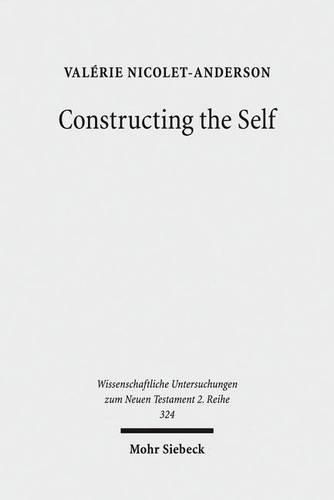Readings Newsletter
Become a Readings Member to make your shopping experience even easier.
Sign in or sign up for free!
You’re not far away from qualifying for FREE standard shipping within Australia
You’ve qualified for FREE standard shipping within Australia
The cart is loading…






Using some of the works of Michel Foucault (1926-1984) as a conversation partner, Valerie Nicolet-Anderson focuses on the manner in which Paul constructs the identity of his audience in his letter to the Romans. In particular, she analyzes how the notions of autonomy and self-agency function for both authors. In this dialogue, Valerie Nicolet-Anderson examines whether Paul can still play a relevant part in contemporary discussions around the notion of identity. The approach to Paul presents a narrative reading of Romans and displays an interdisciplinary hermeneutics which brings together New Testament exegesis and post-modern philosophy. The author constructs a dynamic picture of Paul as engaged in the shaping of the ethos of his communities through various strategies. She highlights Paul’s actuality, reflecting the current use of Paul by continental philosophers and invites more interdisciplinary reflection between exegesis and philosophy.
$9.00 standard shipping within Australia
FREE standard shipping within Australia for orders over $100.00
Express & International shipping calculated at checkout
Using some of the works of Michel Foucault (1926-1984) as a conversation partner, Valerie Nicolet-Anderson focuses on the manner in which Paul constructs the identity of his audience in his letter to the Romans. In particular, she analyzes how the notions of autonomy and self-agency function for both authors. In this dialogue, Valerie Nicolet-Anderson examines whether Paul can still play a relevant part in contemporary discussions around the notion of identity. The approach to Paul presents a narrative reading of Romans and displays an interdisciplinary hermeneutics which brings together New Testament exegesis and post-modern philosophy. The author constructs a dynamic picture of Paul as engaged in the shaping of the ethos of his communities through various strategies. She highlights Paul’s actuality, reflecting the current use of Paul by continental philosophers and invites more interdisciplinary reflection between exegesis and philosophy.